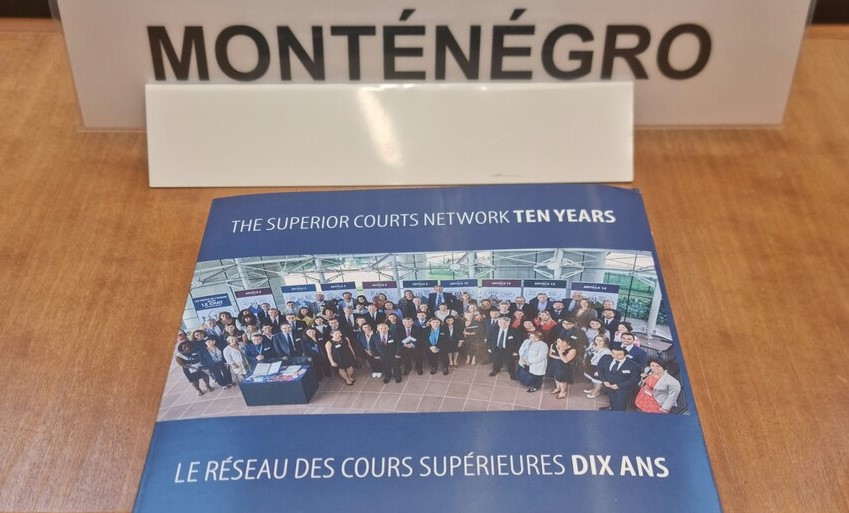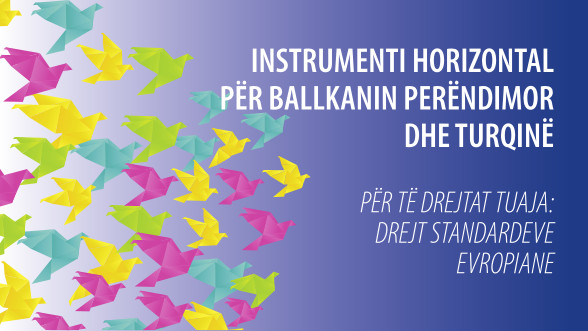The representatives of the Constitutional and Supreme Courts of Montenegro participated in the 10th session of the Superior Courts Network (SCN), held in Strasbourg on 5–6 June 2025. Bojana Bandović from the Supreme Court of Montenegro participated In the meeting online, while Ksenija Ivanović from the Constitutional Court of Montenegro was present physically.
Established by the European Court of Human Rights in 2015, the Superior Courts Network is a unique judicial dialogue platform that supports national courts across all 46 Council of Europe member states in applying the European Convention on Human Rights. This year’s session marked the Network’s tenth anniversary, featuring an opening session accessible via webcast and the launch of an anniversary book that reflects on the Network’s inception, innovations, and impact.
The Superior Courts Network has become a cornerstone of judicial dialogue, fostering subsidiarity and cooperation among national superior courts and the European Court of Human Rights. This close collaboration benefits the action “Strengthening accountability of the judicial system and enhancing protection of victims’ rights in Montenegro”, by enhancing judicial capacities and promoting better implementation of human rights standards.
This activity is part of the joint European Union and Council of Europe programme “Horizontal Facility for the Western Balkans and Türkiye.”


